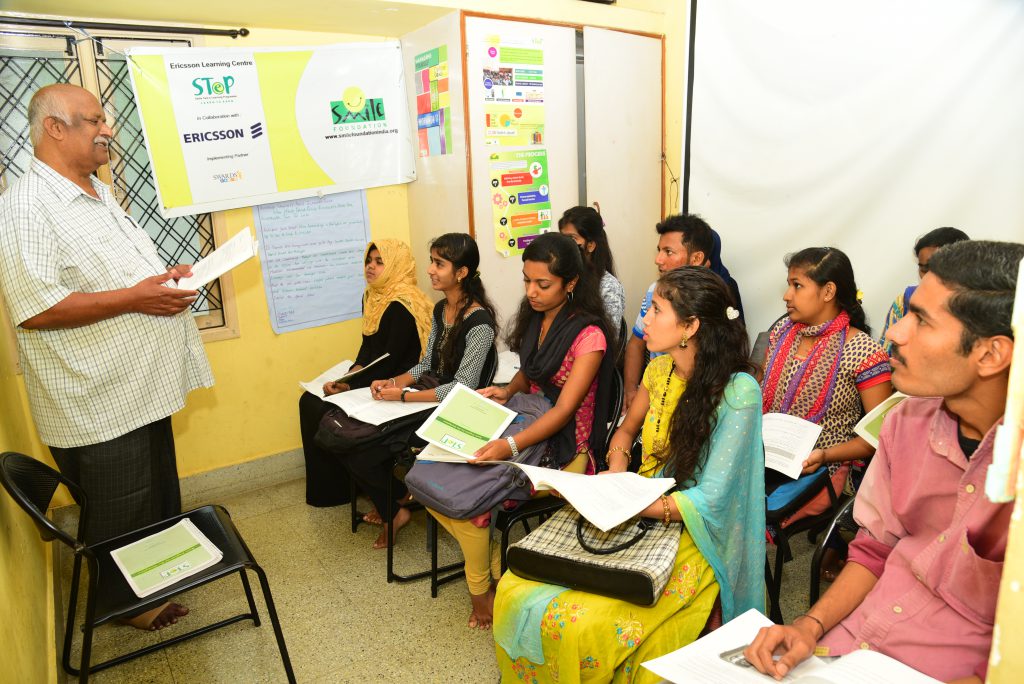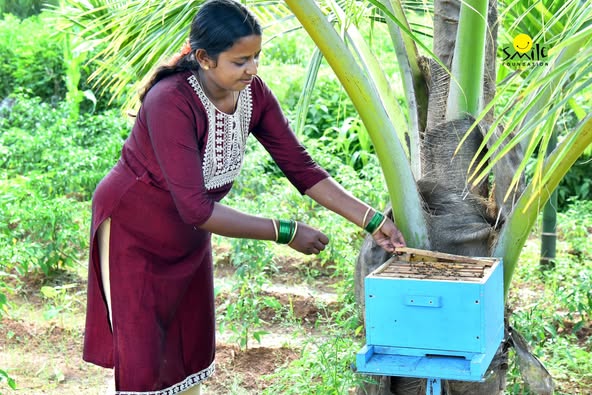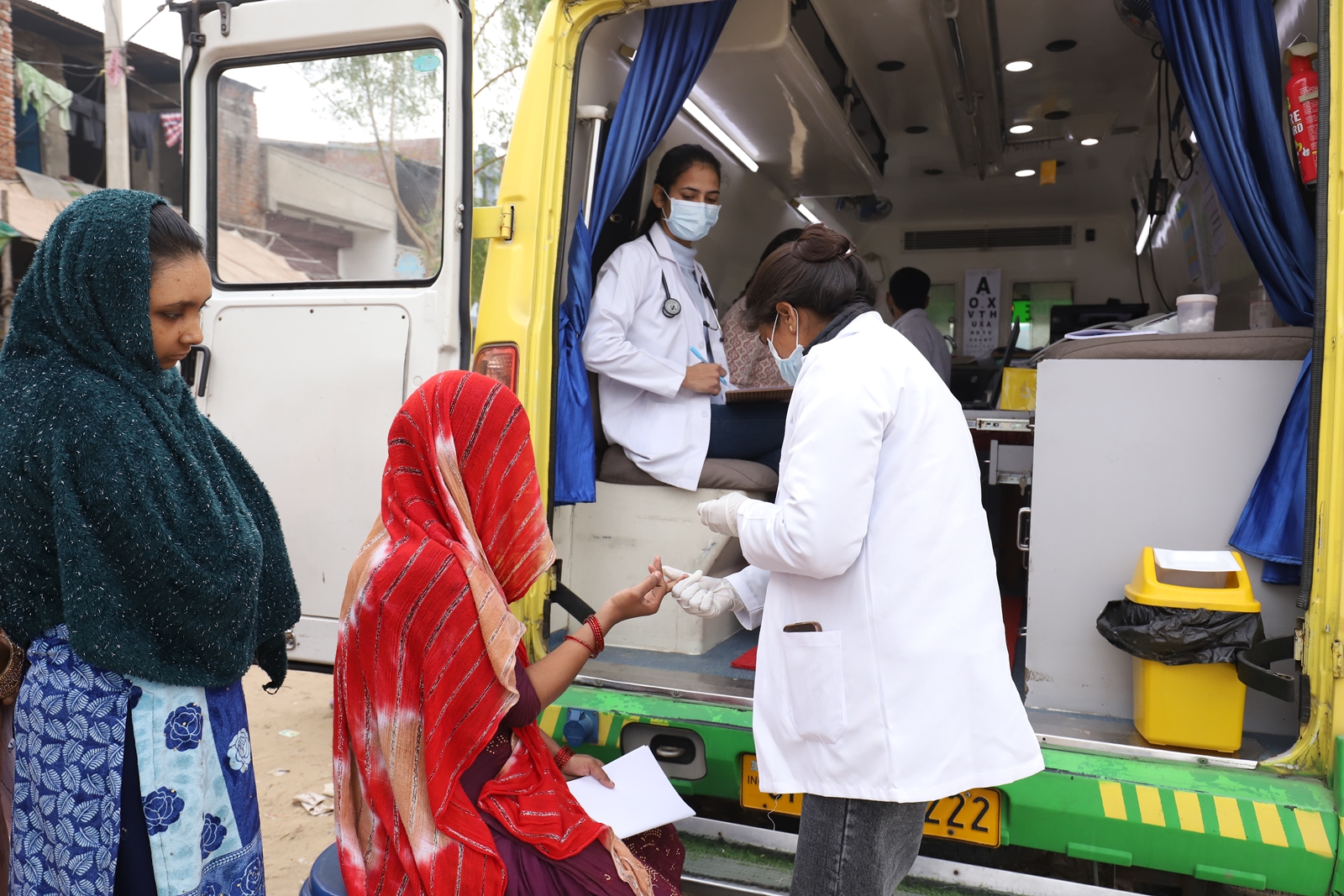Earning a respectable livelihood is a basic need of every individual and household. To make a living, it is also important to possess necessary skills that make one employable. For a large number of people, the livelihood skill training programme does this work. It helps people in learning the appropriate skill and then finding a source of livelihood based on that.
Now, livelihood skills or vocational skills can be anything like sewing, carpentry, plumbing, and much more. Having these skills prepares one to find employment opportunities as a skilled worker. The skilled worker also earns more than an unskilled worker which makes livelihood training extremely important.
The importance of livelihood training can also be judged from the fact that it also includes life skills. Management skills, entrepreneurial skills, financial literacy, and technical skills can all be a part of livelihood training.
What is the importance of Skill Development?
As we understand, livelihood skill training prepares individuals for jobs that pay them decent wages. This, in itself, makes skill development important. Less than 47% of the 5 million students who graduate each year in India find jobs, according to the Associated Chambers of Commerce and Industry of India (ASSOCHAM), and only 20% of them are employable. Each year, more than 12 million young people with a variety of educational backgrounds are introduced to the market for job seekers.
These young job seekers are entering a market which may not have enough opportunities for them. Especially, in the post-covid era, the economic slowdown has impacted job creation. In fact, major companies are laying-off their employees because of the negative growth.
Most of the data available to us is related to the formal sector. It is estimated that 90% of workers in India are still employed in the informal sector. Data of the job losses in the informal sector is not available to us. However, it can be assumed that the problem is equally severe for the informal workers too.
According to some estimates, up to one-third of people of working age in developing nations lack the fundamental skills needed to properly govern themselves, their households, and to make a living. This is why the importance of skill development in India is readily acknowledged. Skill development helps a large workforce to find and create work opportunities for themselves.
Livelihood Skill Development Schemes
A number of organisations work in the skill development area in India and around the world. According to research done by the National Sample Survey Office, in 2018 India’s unemployment rate reached a 45-year high of 6.1%.
India enjoys a special demographic advantage because more than 60% of the population is under 25. But employability needs to be raised if we want to benefit from having such a huge labour population. According to recent data, just 10% of recent graduates are employable, and the other 90% do not possess the necessary abilities to be considered for corporate employment.
The Indian government also understands the importance of skill development for the growth of the country. This is the reason why the government of India has taken various initiatives related to this and have launched livelihood skill development schemes.
The Govt of India Skill Development Programme aids in raising awareness of the initiative’s goals and helps people comprehend its prospectus. As part of the Skill India Mission, the government is implementing several skill-development programmes across the country through 20 central ministries and departments.
These include the National Apprenticeship Promotion Scheme (NAPS), Jan Shikshan Sansthan (JSS), Pradhan Mantri Kaushal Vikas Yojana (PMKVY), and Craftsmen Training Scheme (CTS).
According to the India Skills Report 2021, only 45.9% of young people will be regarded as employable. Comparatively, about 46.2% of people were considered employable in 2020 and 47.4% in 2019. This shows that the initiatives taken by government and NGOs have had an impact to a certain extent.
Rajeev Chandrashekher, Minister of State for Skill Development, also said that the government had received more than 368 crores in the National Skill Development Fund (NSDF) in five years from 2017 to 2022. The minister added that more than 101 crores out of this was received as corporate social responsibility contribution.
Employment Opportunities and Beyond
According to a Nasscom-Zinnov research, India will have a 14–19 lakh professional shortfall in the IT sector by 2026. India needs 52 lakh more IT workers than the 46 lakh that are now employed there. This is just one example that shows various industries in India may require higher people than available.
One reason for this is that technical and other education in India does not focus on skilling. Anyone graduating with a degree may not find a job. But a skilled learner with a degree has higher chances of being employable. As India works towards leveraging its demographic dividend and creating opportunities, it is important that focus is given to skilling.
This is the reason the government has also launched the National Institutional Ranking Framework which also focuses extensively on how the institutes are working on skilling their students. NITI AYOG also has a Skill Development and Employment Division which is aimed towards “building and sharing knowledge for accelerating policy initiatives for making Indian youth and workforce employable” and “identifying as well as offering solutions to critical issues concerning employment, jobs and livelihood creation”.
In order to develop policy/program initiatives and reforms connected to skill development, apprenticeships, and employment challenges, the Division collaborates with the Ministry of Skill Development and Entrepreneurship (MSDE) and the Ministry of Labour and Employment (MoLE). In order to progress research geared toward having an impact on policy and programme activities, the Division also works with a variety of research organisations, development partners, and specialists.
Thus, we can see that there is a strong link between livelihood skill development programme and preparing people for employment. This is why the importance of skill development is realized by the government, CSRs and NGOs. As we move forward, we must continue to focus in this area to make our growing population of young Indians capable of finding meaningful work.
Smile Foundation and Livelihood
Smile Foundation through its livelihood initiative, STeP in its efforts towards a more employed nation, is training & up-skilling the Indian youth between the age of 18-32 years to make them able enough to secure a livelihood.










One reply on “Livelihood Skill Training Programme For Employment”
You are helping a lot, expecially women because women are the vulnerable. This training will create an opportunity and create jobs for them for various initiatives.